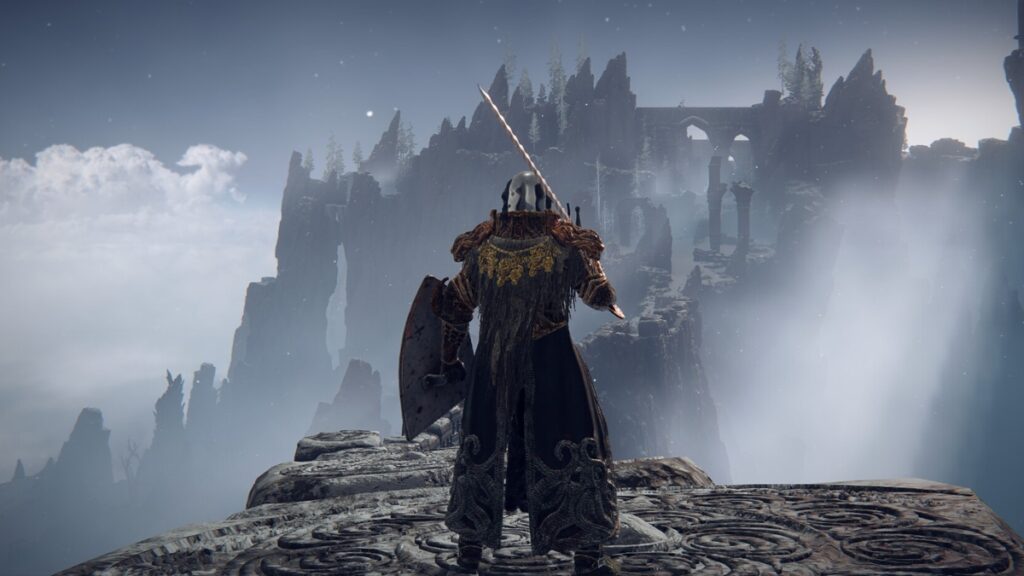Gaming difficulty is a challenging thing to balance. Make a game too easy and you remove the feeling of accomplishment that comes with success. Make a game too hard and players will become frustrated, react negatively, and quit. Decades of gaming have been filled with explorations in addressing the difficulty balancing act, with mixed results.
Recently playing through the DLC to the famously successful From Software title Elden Ring, just think about the choices developers have. Which games should offer a range of options, which titles are better suited to simple play, and why is the right choice difficult sometimes? The question is hotly debated, and worth considering for any gaming enthusiast.
The difficulty spectrum
Most gaming can be split into three different difficulty types. These are streamlined difficulty, changeable difficulty, and outright hard-to-finish games. Each has its place, and each has an appeal to different types of players.
Games with selectable difficulties are the most common. These let players choose how easy or hard they want a game to be via a difficulty screen. This approach provides a large amount of flexibility, catering to players of all tastes. It also introduces an issue, however, in that it can be challenging to balance gameplay for all types of players.
Making a game is a complicated process, and finding the right level of difficulty further complicates this process. A game with changeable difficulty might be built with the medium setting as a default. Playing on a more difficult setting might give enemies more hit points or make them do more damage, but this might not make them more fun to fight. Opponent AI might not scale in a fun way, and map design might not cater to different difficulties. Halo‘s Legendary difficulty mode is famous for messing up this balance, as are the Mass Effect games.
On the streamlined side of the spectrum, the best examples are found not in video games, but in the landscape of online slots. A modern German online casino can be a prime example, with titles like Wolf Gold and Sweet Bonanza. Whether playing on a desktop or mobile, the fun and challenge here doesn’t come from mechanical complexity, but from luck. This makes streamlined titles like these easier to appreciate. They require less guesswork from developers, and players know exactly what they’re in for.
Games considered difficult by most gamers are famously demonstrated by the likes of Dark Souls, Hollow Knight, and most recently, Elden Ring’s DLC. The difficulty of these titles makes them highly divisive, but it also allows the developers to chase a specific vision. Sure, you’ll suffer if you want to win, but so will everyone else.
These aspects of the gaming challenge have remained similar for decades. A more recent problem, as discussed with the Elden Ring Shadow of the Erdtree DLC, is what happens over time.
Facing evolution
Gaming is inherently evolutionary. As technology improves, graphics get better, and worlds get bigger. Often overlooked is how players improve, and what this means for gameplay. Dark Souls 1 is a perfect example of this. It was considered a very difficult game when it first arrived, but compared to Dark Souls 3 or Elden Ring, it’s a cakewalk.
Players get used to a series, they get used to mechanics, and this can cause problems. In a streamlined game like slots, it won’t matter. In games that thrive on pushing players to their limits, there’s a risk of being over-tuned beyond what most players can manage. This is what many players argue has happened with Elden Ring’s DLC, and it’s causing a divide in the player base.
Fact or fiction
Whether or not the DLC in Elden Ring is truly too difficult is up for debate. While games in From Software’s Soulsborne lineup have no traditional difficulty selection, there are always ways to make the game easier. In Shadow of the Erdtree, this comes from builds, spirit selection, summoning, and a new system called Scadutree Blessings.
Using these systems means the players will have an easier time, but in being difficult, Soulsborne games have accidentally cultivated a form of player elitism. Many players need to feel they’re good enough to win without these helping elements. They ignore all the tools provided to play on a self-inflicted harder mode, and then claim it’s too hard.
A never-ending battle
As an art form, it’s impossible to objectively state when a game is too easy or too difficult. What we do know is that games can and do become more complicated over time. This evolution might be necessary for fun and innovation, but it can also alienate fans of older gameplay systems.
Every game is about finding the place that the developers are happy with and delivering it in a method players can engage with. There’s enough room for both consistency and evolution in the gaming space, as long as we understand that respecting creative vision means knowing some games won’t be for us.


